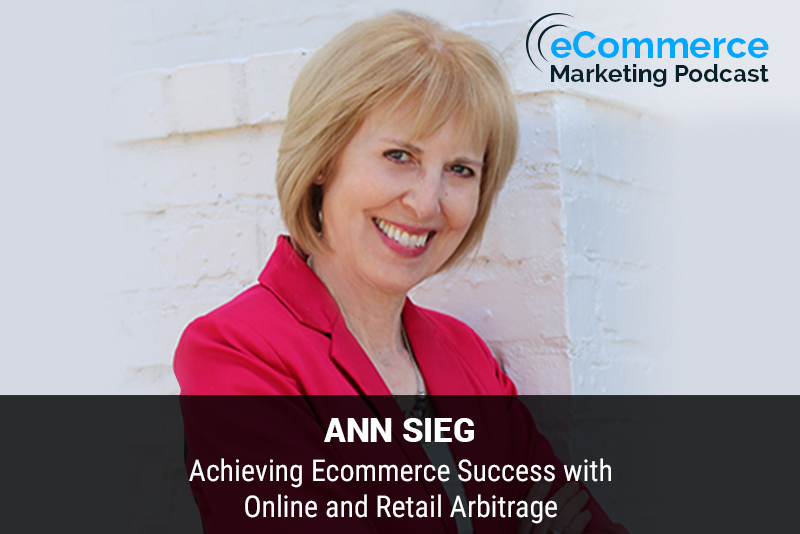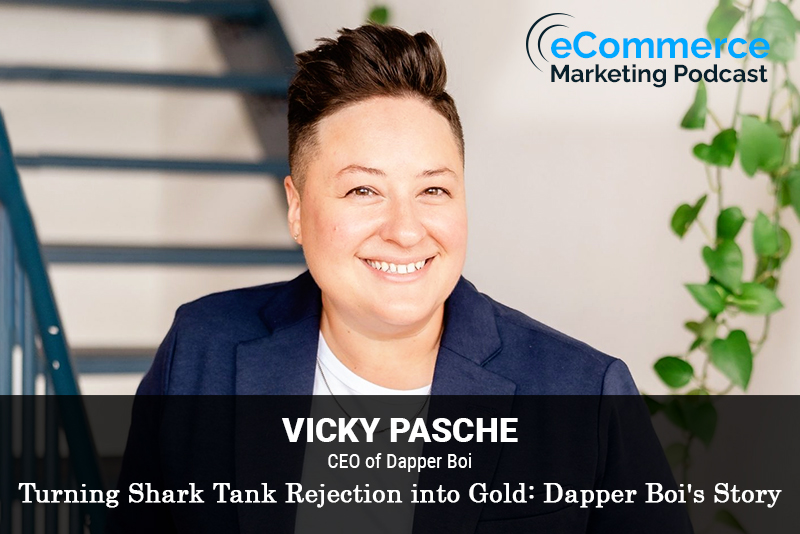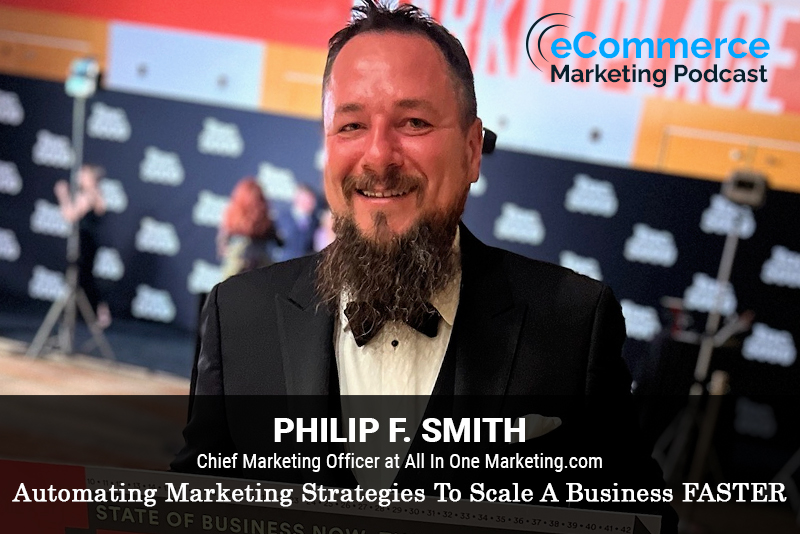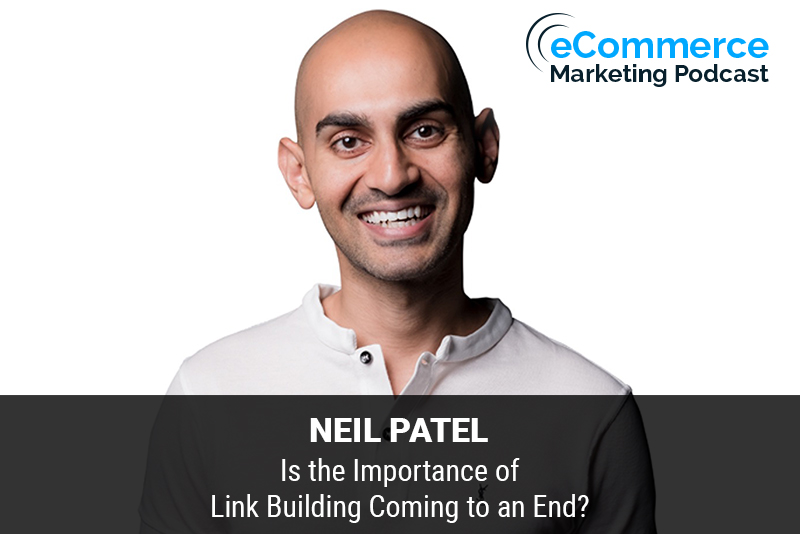
The eCommerce Marketing Podcast walks you through everything that goes into ecommerce marketing — from inbound marketing to paid advertising to conversions. Learn the strategies top marketing experts use to grow their businesses.
Marketing Strategies Revealed in this Episode:
- What exactly is online arbitrage?
- How to find the best products to select
- The three pillars of ecommerce success
- How local retail arbitrage works
- Examples of some top ecommerce brands that are leading the way when it comes to online and retail arbitrage

Episode Title: Mastering Online Arbitrage with Ann Sieg
Host: Arlen Robinson
Guest: Ann Sieg, CEO & Founder of E-Commerce Business School
In this episode of the eCommerce Marketing Podcast, Arlen Robinson talks with Ann Sieg, who shares her journey from losing her windshield replacement business to building a thriving eCommerce empire. Ann discusses online arbitrage, local retail arbitrage, and the three pillars of eCommerce success. She provides insights into how individuals can start and succeed in the world of online arbitrage.
Key Takeaways:
- Introduction and Ann’s Background (00:20)
- Ann’s transition from a failed windshield replacement business to a successful online business.
- What is Online Arbitrage? (06:15)
- Explanation of online arbitrage, leveraging price differentials to buy low and sell high.
- Getting Started with Online Arbitrage (12:45)
- Tips for beginners on how to identify profitable products using the Amazon Seller app.
- Three Pillars of eCommerce Success (18:00)
- Generate Cash Flow: Establishing a steady income to fund business growth.
- Automate Systems: Utilizing software and virtual assistants to streamline operations.
- Build Assets: Creating valuable business assets that can be sold or leveraged for further growth.
- Retail Arbitrage vs. Online Arbitrage (24:10)
- Differences between sourcing products locally and online, and how to maximize profits using discounts and coupons.
- Success Stories (28:30)
- Examples of individuals who have achieved significant success with online and retail arbitrage.
Ann Sieg is the CEO & Founder of the E-Commerce Business School, where she has trained over 7,000 students worldwide to achieve success in eCommerce.
Contact Ann Sieg:
- Website: JoinEBS.com
- Free Giveaway: Five Steps to Amazon Retail Arbitrage, including the Arbitrage Profit Projection Calculator.











